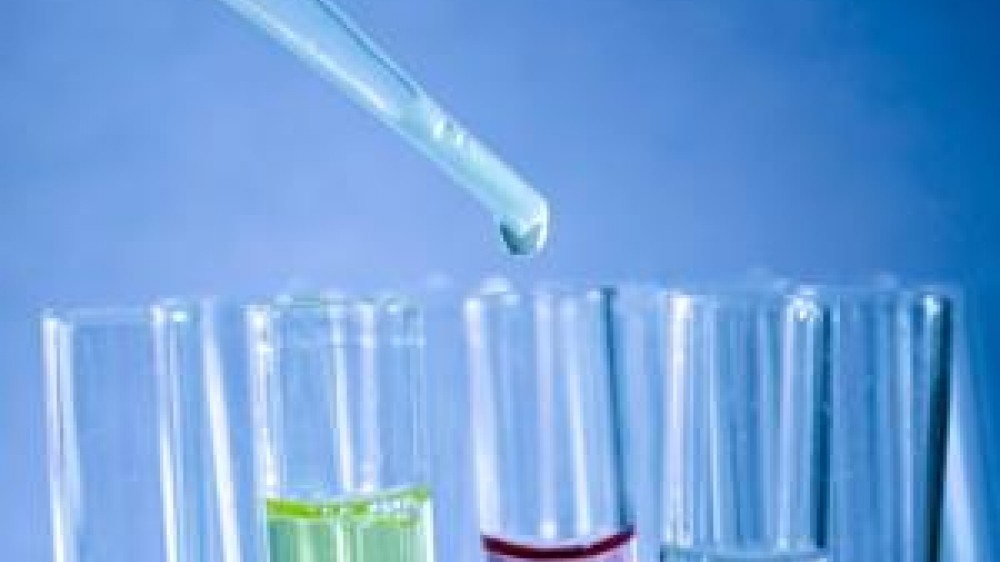Continued investment in 3Rs research: six new NC3Rs project grants announced

We are pleased to announce £1.65 million of awards in our 2015 project grant competition. Our flagship response-mode funding scheme attracts world-class research that demonstrates the commitment to the 3Rs from leading scientists in their field.
This year’s awards include funding for five projects which aim to replace the use of animals in a range of areas; from the use of human induced pluripotent stem cells to model liver fibrosis and prion disease, to the development of a cell line to replace the use of mice currently used to test the safety of tetanus vaccines.
Methods that improve the welfare of animals used in research also continue to be a high priority, with funding for a project that will develop and validate an innovative touchscreen platform that allows sensitive behavioural testing on rodents without the use of severe methods which can cause distress and suffering for the animals.
Dr Vicky Robinson, Chief Executive of the NC3Rs, said: "The project grants we have funded this year, demonstrate how the use of cutting-edge non-animal technologies are coming to the forefront of scientific research. By harnessing the power of human tissue-based approaches, we not only continue to reduce and replace the use of animals in research, but also provide the community with more disease relevant tools that will accelerate the pace of discovery to impact human and animal health.”
Information on Project Grants awarded
- Development and validation of a rodent touchscreen battery for assessing motivation and affective state, Dr Lisa Saksida, University of Cambridge (£349,434)
- Modelling liver fibrosis using human induced pluripotent stem cells, Dr Ludovic Vallier, University of Cambridge (£242,574)
- Human stem cell derived neurones and astrocytes as an in vitro model of human prion infection and replication, Dr Mark Head, University of Edinburgh (£268,277)
- A multi-cellular 3D model of human breast tissue to replace rodent xenograft models in breast cancer research, Dr Catherine Merry, University of Nottingham (£334,066)
- Probing in vivo parasite biology in vitro, Professor Aaron Gordon Maule, Queen’s University Belfast (£317,768)
- Development of tetanus-sensitive cell line for assaying tetanus toxin activity, Professor Bazbek Davletov, University of Sheffield (£137,752)
